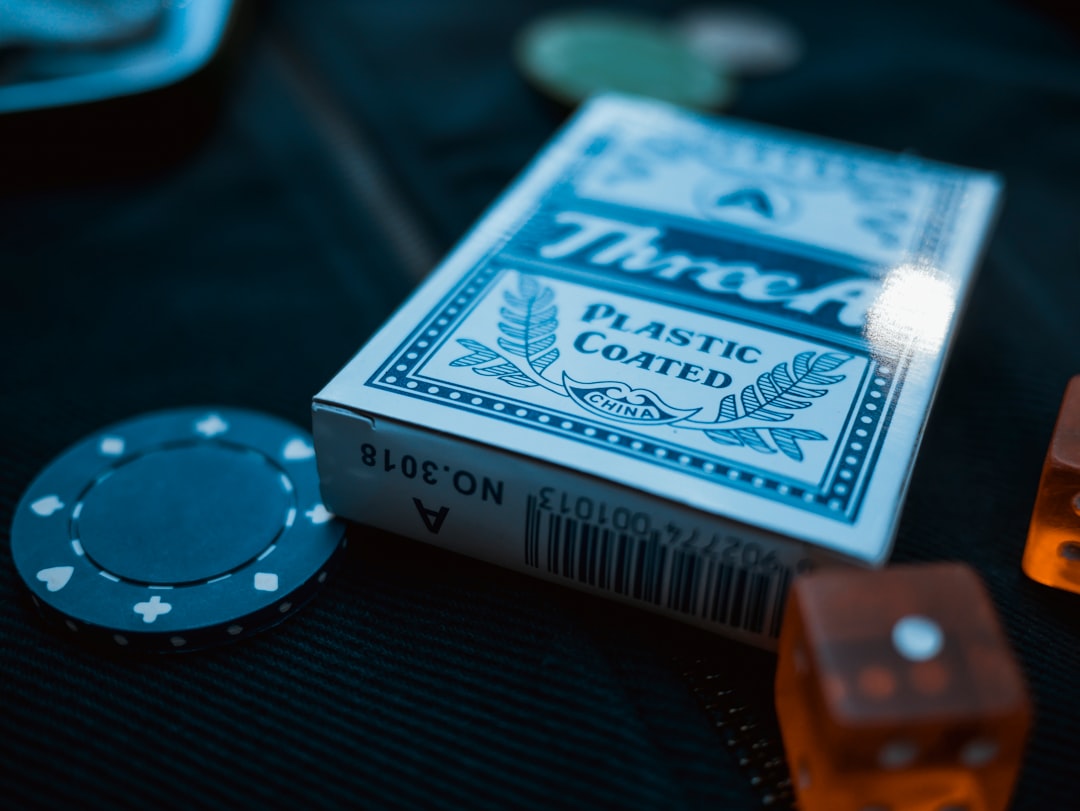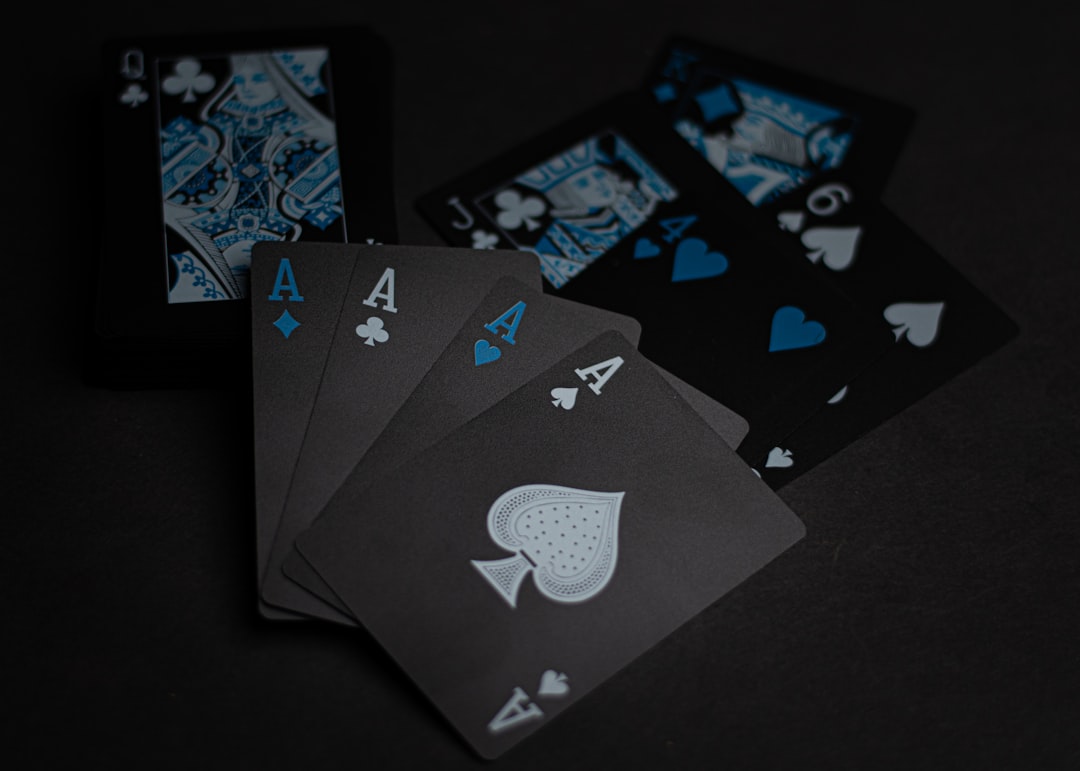# Comprehensive Guide to Poker Strategy for Beginners
Poker is a game of skill, strategy, and psychology. While luck plays a role, understanding the fundamentals of poker strategy can significantly improve your chances of winning. This guide will cover essential concepts and strategies for beginners.
## 1. Understanding the Basics
### 1.1 Poker Hand Rankings
Before diving into strategy, familiarize yourself with poker hand rankings, from highest to lowest:
– Royal Flush
– Straight Flush
– Four of a Kind
– Full House
– Flush
– Straight
– Three of a Kind
– Two Pair
– One Pair
– High Card
### 1.2 Game Variants
There are several popular poker variants, including:
– **Texas Hold’em**: Each player is dealt two private cards, and five community cards are dealt face-up.
– **Omaha**: Similar to Texas Hold’em, but players receive four private cards and must use two of them.
– **Seven-Card Stud**: Players receive seven cards, three face-down and four face-up, with no community cards.
## 2. Basic Strategies
### 2.1 Starting Hand Selection
Choosing the right starting hands is crucial. Here are some guidelines:
– **Tight Play**: Play fewer hands but play them aggressively. Focus on strong hands like high pairs (Aces, Kings) and high suited connectors (e.g., Ace-King suited).
– **Position Matters**: Your position at the table affects your strategy. Being in a later position allows you to see how other players act before making your decision.
### 2.2 Understanding Pot Odds
Pot odds help you determine whether a call is profitable. Calculate pot odds by comparing the size of the pot to the cost of a call. If the odds of completing your hand are better than the pot odds, it’s a good call.
### 2.3 Bluffing
Bluffing is an essential part of poker but should be used sparingly. Consider the following:
– **Know Your Opponents**: Bluff against players who are likely to fold.
– **Timing**: Bluff when the board shows potential for strong hands.
## 3. Advanced Strategies
### 3.1 Reading Opponents
Pay attention to your opponents’ betting patterns, body language, and timing. This information can help you gauge the strength of their hands.
### 3.2 Adjusting Your Play
Adapt your strategy based on the dynamics of the table. If players are overly aggressive, tighten your play. If they are passive, consider being more aggressive.
### 3.3 Bankroll Management
Manage your bankroll wisely to avoid going broke. Set limits for yourself and stick to them. Avoid playing at stakes that are too high for your bankroll.
## 4. Practice and Improvement
### 4.1 Play Regularly
The best way to improve is through practice. Play as often as you can, whether online or in-person.
### 4.2 Review Your Play
After each session, review your hands and decisions. Identify mistakes and areas for improvement.
### 4.3 Learn from Others
Watch professional poker players, read books, and join poker forums to learn new strategies and insights.
## Conclusion
Poker is a complex game that requires a blend of skill, strategy, and psychology. By understanding the basics, developing a solid strategy, and continuously improving your game, you can increase your chances of success at the poker table. Remember, the key to becoming a better player is practice and learning from your experiences. Good luck!




